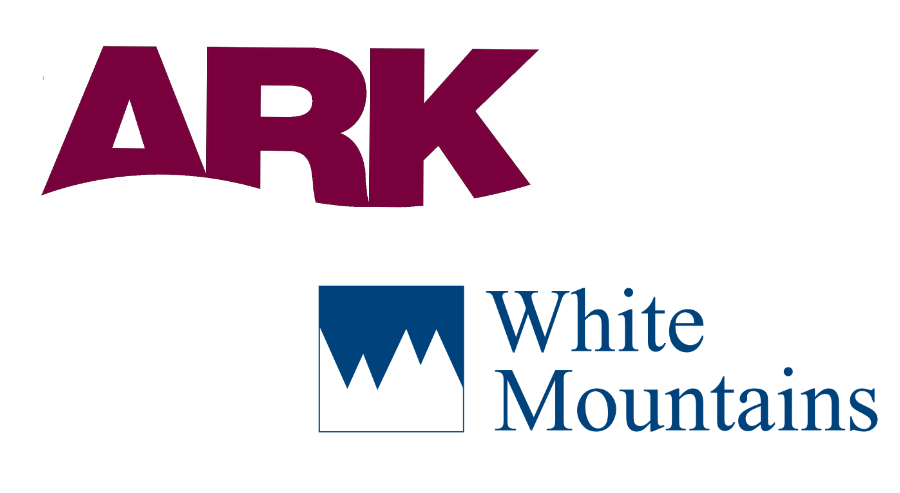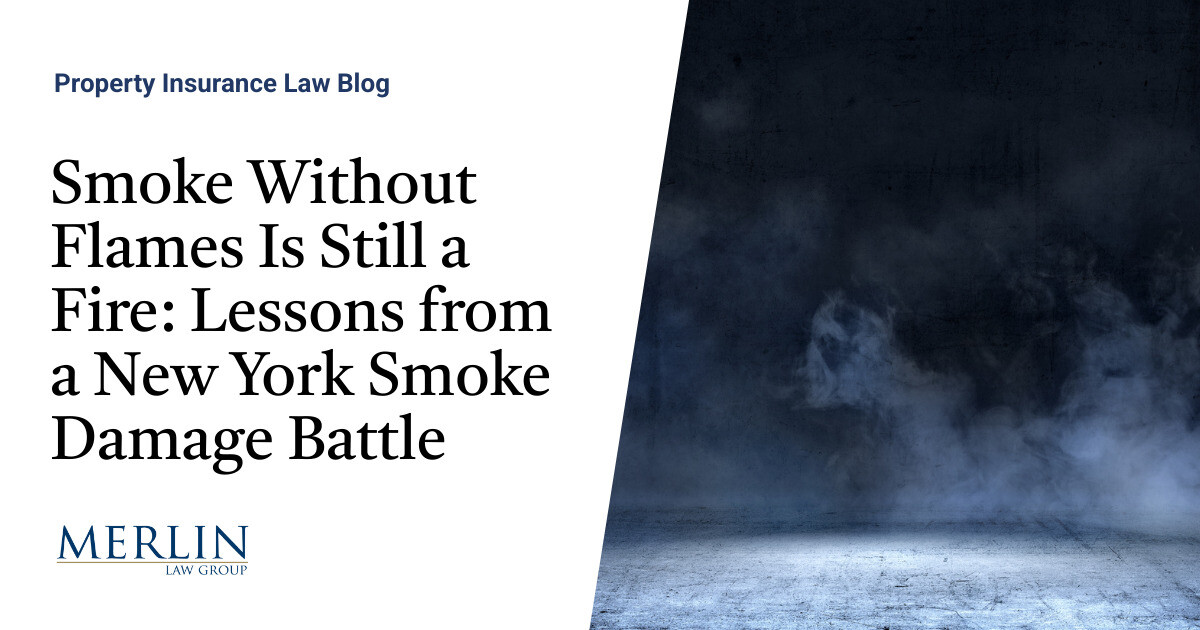
Think “you’re in good hands when it comes to your insurance needs” with Allstate? Thousands of legal documents and financial filings show otherwise.An in-depth, all-encompassing investigation of insurance companies by the American Association for Justice (AAJ) shows a disturbing and consistent trend: some of the biggest names in the American insurance industry repeatedly cut corners, refuse to pay claims and choose a strategy of greed over consumer benefit.“While Allstate publicly touts its ‘good hands’ approach, it has instead privately instructed its agents to employ a ‘boxing gloves’ strategy against its policyholders,” said AAJ CEO Jon Haber.
“Allstate ducks, bobs and weaves to avoid paying claims to increase its profits.” In its report, the AAJ reveals the 10 worst insurance companies.With an investigation spanning thousands of court documents, including SEC and FBI; financial information and testimony uncovered from legal litigation and discovery; news and media reports; as well as consumer complaints filed with state insurance agencies, the rankings and statistics reveal the dirty side of the insurance industry, and the 10 worst offending insurance companies in the country.9 Insurance Companies Marked by Greed, Fraud, Racism, Claim Denial or Deceptive Policies A summary of the AAJ’s findings include: 1.
AllState (NYSE ALL) – Allstate tops the list at number one for greed and placing profit over policyholders.Among its nafarious strategies includes contracting with consulting company McKinsey & Company in the mid 1990s.McKinsey & Co.
helped Allstate force consumers to accept lowball claims.Consumers who didn’t comply with this method faced the insurer’s “boxing gloves” — a combative strategy to deny insurance claims at any cost.The AAJ report uncovered a report from one Allstate employee that detailed how supervisors instructed agents to lie and blame fires on arson.
Allstate agents who complied received portable refridgerators as a reward for their work. 2.Unum (NYSE: UNM) – Unum, which sells disability insurance, has a story that epitomizes its behavior and disregard for the disabled: for three years it denied the claim of a woman with multiple sclerosis and ruled her conditions were “self-reported,” despite doctors evaluations that stated otherwise.
In 2005, Unum agreed to a settlement with insurance commissioners from 48 states over their practices.3.AIG (NYSE: AIG) – AIG is the world’s biggest insurer.
Now labeled “The New Enron” because of billions of dollars in corporate fraud, AIG’s practices include increasing prices during major catastrophes and a $68 million dollar payout to its ex-CEO.In 2008, the company agreed to pay several states $12.5 million after investigations found that the company conspired with other insurance brokers to fake bids that created the illusion of a “competitive” market.4.
State Farm Notorious for avoiding paying claims at any cost, State Farm continually denies and delays claims, to the extent of forgery of signatures on waivers, and altering engineering damage reports after Hurricane Katrina. 5.Conseco (NYSE: CNO) – Long-term policy insurer Conseco’s main consumer base is the elderly.
Its practices include delaying judgment on claims to the extent that “people either died or gave up,” according to testimony from a former Conseco agent.39 states and the District of Columbia reached a settlement with Conseco for its repeated abuses of insurance law in the long-term care business. Several million dollars in fines and restitution to clients were paid out, and Conseco faces an additional $10 million in fines if it fails to improve its service and practices.6.
WellPoint (NYSE: WLP) – WellPoint’s CEO Angela Braly earned more than $9 million in 2007.The company’s history constantly puts the bottom line and profits above service and payouts to policyholders.WellPoint was fined by the state of California’s Department of Managed Health Care in 2007 for $1 million for routinely cancelling the policies of pregnant women and chronically ill patients.
Los Angeles city attorney has recently sued Wellpoint for $1 billion, citing illegal marketing and policy cancellation practices.7.Farmers Both individuals and U.S.
businesses were victimized by the Swiss-owned Farmers Insurance Group.Farmers conspired with other insurance companies to fix pricing and deceive businesses who thought they were getting a competitive price on policies. Farmers have paid out nearly half a billion dollars to settle cases of price-fixing and bid-rigging.
One case, in particular, reveals the nature of Farmers’ attitude toward paying out claims: 60-year-old Ethel Adams, of Washington State, was involved in a multiple-vehicle accident that put her in a coma and ultimately confined her to a wheelchair.Refusing to pay Adams’ claim, Farmers stated that the driver at fault acted with “road rage”, and thus the crash was not an accident.Adams’ case, and the resulting public outcry, has lead to a change in insurance law in the state of Washington.
8.UnitedHealth (NYSE: UNH) – While UnitedHealth’s former CEO William McGuire received $800 million in stock options and $530 million in compensation, UnitedHealth’s policyholders suffered.McGuire cut back treatments, and bargained with doctors to reduce payments-to the detriment of patients’ health-according to physician testimony.
The company’s history is marred by fines and cases in numerous states, including levies in the state of Texas of $4 million for UnitedHealth’s continual practices of late payment on claims.9.Torchmark (NYSE: TMK) – Racism marks the story of Torchmark insurance company, which was founded, by its own admission, as a scam.
Its history includes charging blacks and other minorities more than whites for burial policies.The company targets low-income Southerners and among its offenses is its refusal to insure non-English-speaking Americans and selling fraudulent Medicare policies to senior citizens.This article was first published in ColoradoLaw.net.
It is not the property of My Top Insurance Blogs.
Publisher: Top Insurance








